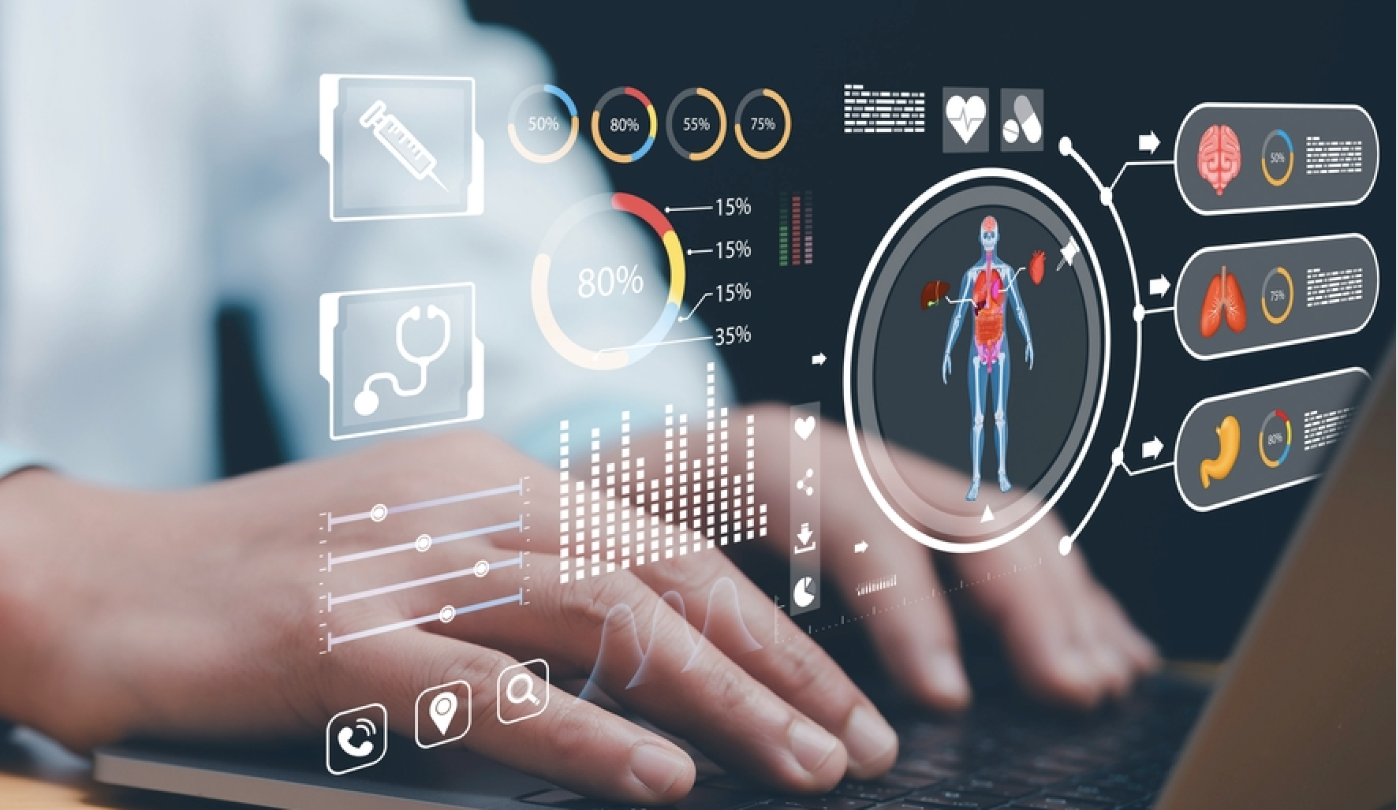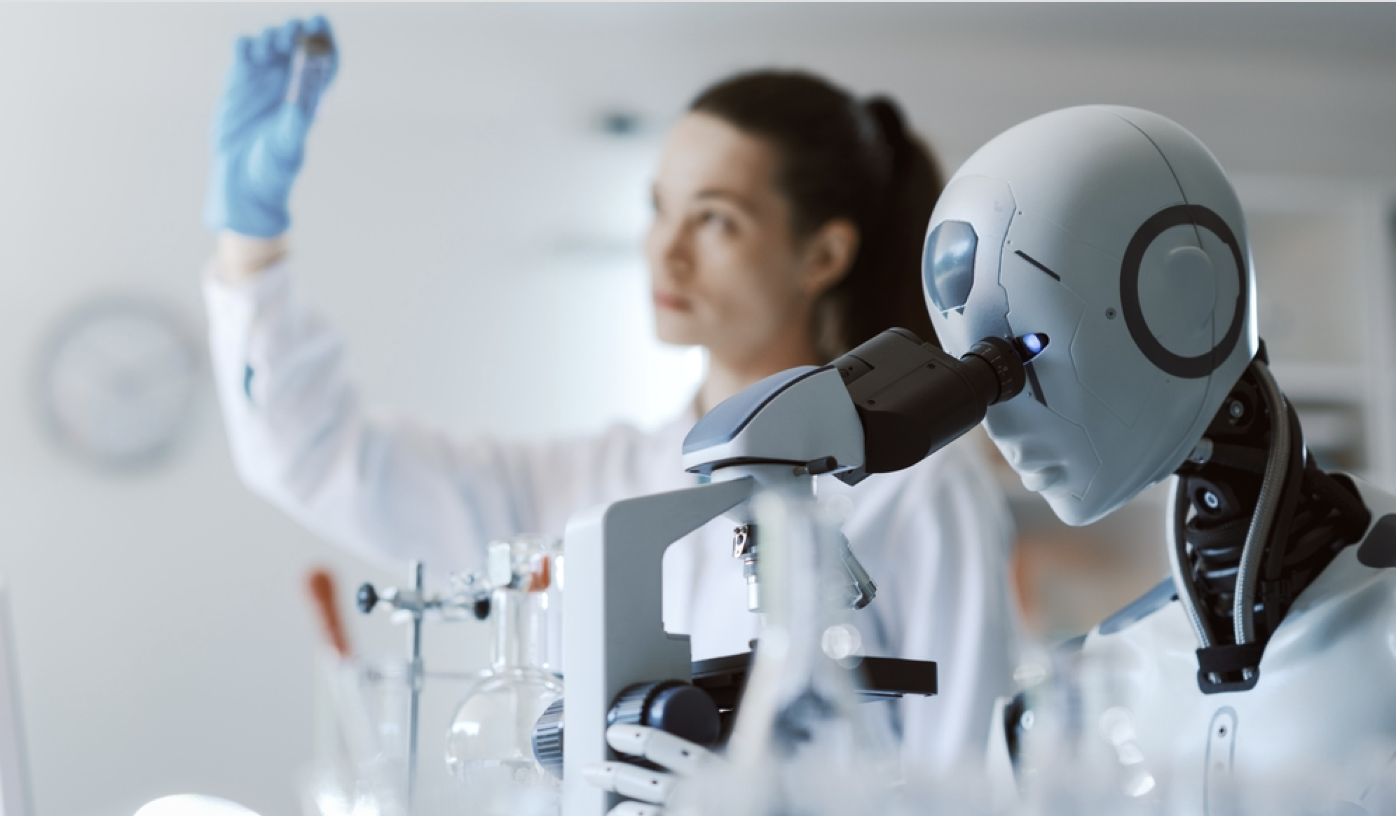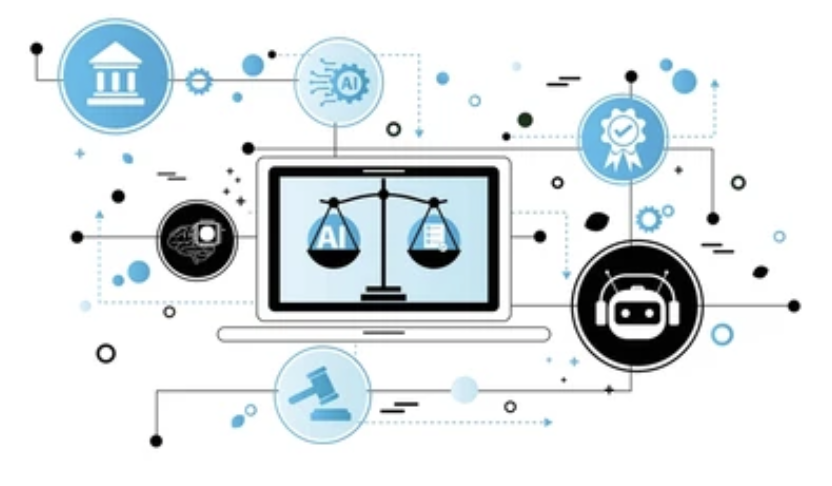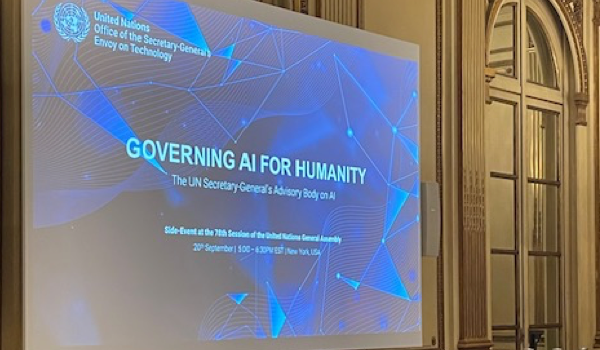

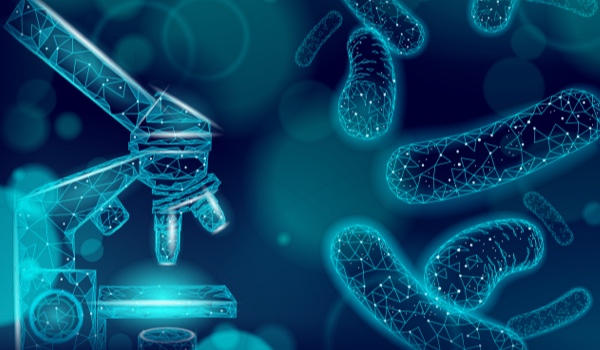
DENVER, COLORADO - The father of modern Western Medicine, Hippocrates, was a firm believer in the statement, "All disease begins in the gut." Humans are superorganisms, an agglomerate of microbial and mammalian cells that have co-evolved over time. These microbes predate Earth's biodiversity, and they are the most numerous, diverse, and ubiquitous.
What is the Microbiome?
Human bodies contain about 40 trillion human cells and roughly 22,000 human genes, and as many as 100 trillion microbial cells belonging to more than 7,000 strains. Collectively, these contain 10 times the number of human cells and 100 times as many genes as our genome (the microbiota) and 2 million microbial genes.
The microbe colonization starts before birth, and humans receive further additions. At the same time, they travel through the mother's birth canal, and that microbiota has a maternal signature. So, by the first year, we have our distinct, adult-like microbial ecosystem.
These cells are found in the digestive tract, internal organs, mouth, nose, eyes, and skin. The microbiome is a living organ system that is unique in its composition to each person. There is a symbiotic bond between the human body and the organisms required for its metabolic function. The microbiome feeds more than 10 percent of people's daily calories. Human enzymes are not able to break down the calories derived from plant carbohydrates.
Additionally, a mother's milk contains glycans, which human enzymes cannot digest, but bacterial ones can. The human microbiome constantly evolves with advancing age. The appearance of unusually early microbiome aging patterns relative to chronological age could signal altered susceptibility for age-related diseases. Vitamins, notably B2, B12, and folic acid, are also made by the microbiome. It can adjust its output to its h
The content herein is subject to copyright by The Yuan. All rights reserved. The content of the services is owned or licensed to The Yuan. Such content from The Yuan may be shared and reprinted but must clearly identify The Yuan as its original source. Content from a third-party copyright holder identified in the copyright notice contained in such third party’s content appearing in The Yuan must likewise be clearly labeled as such. Continue with Linkedin
Continue with Linkedin
 Continue with Google
Continue with Google


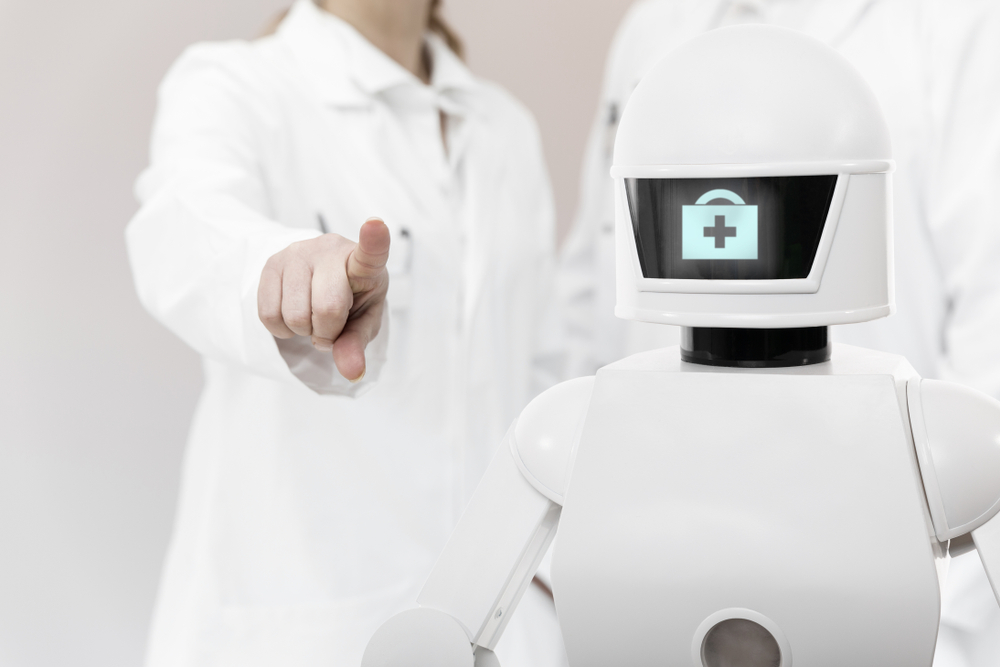








 11090 views
11090 views

